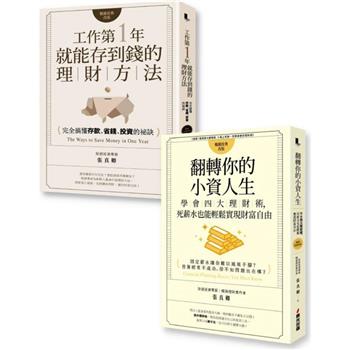Smoking is a technique for cooking meat and other foods over an open fire. Wood chips are added to the fire to give the food a smoky flavour. Smoking is distinct from drying. Smoking adds flavour to meat, fish, and poultry while also having a minor food preservation effect. Hams, pork roasts, bacon, beef briskets, whole poultry, salmon, herring, and oysters are frequently smoked.
Hot smoking is a method of cooking and smoking meat at the same time. In a smoker, the air temperature is raised and carefully controlled to raise the temperature of the meat, resulting in a fully cooked food product. Meat, poultry, and fish are frequently brined in a salt water solution to aid in moisture retention during the smoking process.
A smoker is used to do home hot smoking of meat, poultry, and fish. A smoker is a specially designed outdoor cooker for this purpose. It can also be done in a covered outdoor barbeque grill with a drip pan of water placed underneath the meat. To make the smoke, the wood chips are placed directly on the burning charcoal.
Another way to add smoke flavour to fish and meat is to use liquid smoke. Liquid smoke has two distinct advantages. The first benefit is that the amount of smoke flavour can be fully controlled. The second benefit is that the smoke flavour is immediately apparent.
Because hot smoking is essentially a modified cooking technique, the safe handling of meat, poultry, and fish is the primary food safety concern.












